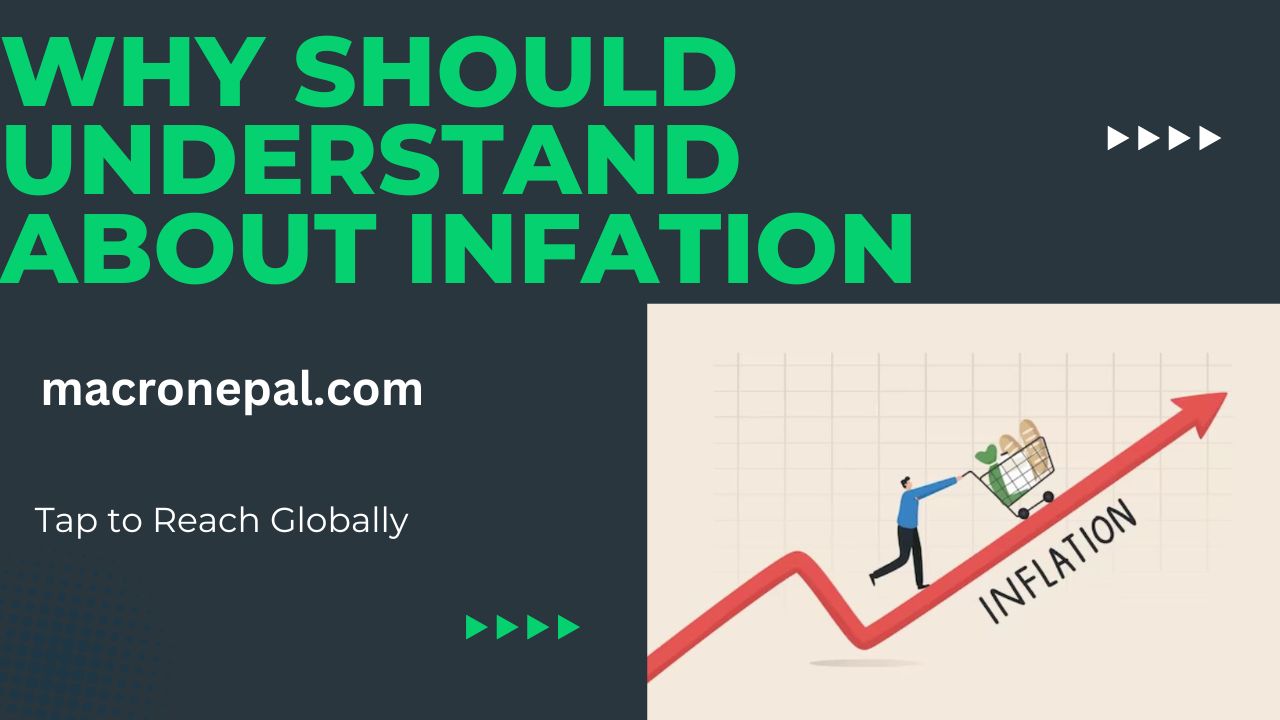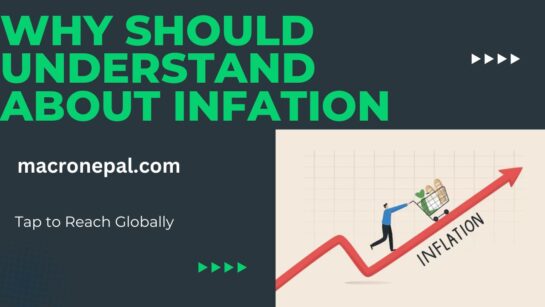Understanding Inflation: Causes, Effects, and How to Protect Your Finances
Inflation is a crucial economic concept that affects everyone, from individuals to businesses to governments. By understanding inflation, its causes, and its impacts, you can make better financial decisions and protect your wealth.
What is Inflation?
In simple terms, inflation is the rate at which the general level of prices for goods and services rises. As a result, it leads to a decrease in purchasing power. Essentially, when inflation occurs, each unit of currency buys fewer goods and services than it did before.
To measure inflation, economists typically use price indices. The most common ones are:
- Consumer Price Index (CPI):
-
This measures the average change over time in the prices paid by urban consumers for a market basket of consumer goods and services.
- Producer Price Index (PPI):
-
This measures the average change over time in the selling prices received by domestic producers for their output.
Causes of Inflation
-
Demand-Pull Inflation: This occurs when the demand for goods and services exceeds their supply. When consumers have more money to spend, and the supply of goods doesn’t increase correspondingly, prices rise.
-
Cost-Push Inflation: On the other hand, this type happens when the costs of production increase, leading producers to raise prices to maintain their profit margins. Common triggers include rising wages, increased costs of raw materials, and higher taxes.
-
Built-In Inflation: Also known as wage-price inflation, it occurs when workers demand higher wages, and employers pass these costs onto consumers through higher prices. This can create a feedback loop of rising wages and prices.
-
Monetary Inflation: Finally, this results from an increase in the money supply. When a central bank prints more money, it can reduce the value of the currency, leading to higher prices.
Effects of Inflation
-
Decreased Purchasing Power: As prices rise, the value of money falls. Consequently, the amount of goods and services you can buy with the same amount of money decreases.
-
Cost of Living Increases: Inflation leads to higher costs for everyday expenses, including food, housing, and healthcare. Therefore, it becomes more expensive to maintain the same standard of living.
-
Impact on Savings: Inflation erodes the value of money saved. If the interest rate on savings is lower than the inflation rate, the real value of savings decreases over time.
-
Uncertainty and Planning Difficulties: High and unpredictable inflation can make it difficult for businesses and consumers to plan for the future. It complicates budgeting and investment decisions.
-
Interest Rates: Central banks often raise interest rates to combat high inflation. As a result, this can lead to higher borrowing costs for consumers and businesses.
How to Protect Your Finances from Inflation
-
Invest in Inflation-Hedged Assets: Certain investments, such as real estate, commodities (like gold), and Treasury Inflation-Protected Securities (TIPS), tend to perform well during periods of high inflation.
-
Diversify Your Portfolio: A well-diversified investment portfolio can help protect against inflation. Stocks, particularly those of companies with pricing power, can provide some hedge against inflation.
-
Consider Inflation-Indexed Bonds: Bonds like TIPS in the U.S. offer returns adjusted for inflation, protecting the purchasing power of your investment.
-
Invest in Hard Assets: Real estate and tangible assets often retain value better during inflationary periods compared to cash.
-
Increase Earnings: Enhancing your skills and education can help you secure better-paying jobs or negotiate higher wages, offsetting the impact of inflation on your purchasing power.
-
Monitor and Adjust Budgets: Regularly reviewing and adjusting your budget to account for rising prices can help manage the impact of inflation on your expenses.
Conclusion
Inflation is an inevitable part of the economic landscape, impacting purchasing power and the cost of living. However, by understanding its causes and effects, and by taking proactive steps to protect your finances, you can mitigate the adverse effects of inflation. Wise investment choices, diversification, and strategic financial planning are key to maintaining and growing your wealth in an inflationary environment. Understanding inflation helps in making informed decisions that safeguard your financial future.


